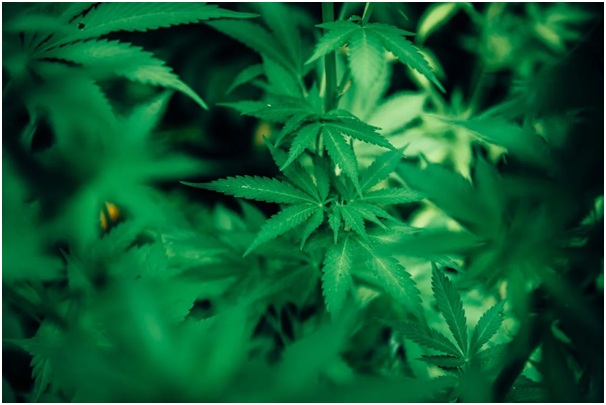Athletic performance is heavily influenced by a variety of factors such as physical conditioning, mental focus, and recovery. In recent years, there has been a growing interest in how cannabis, particularly tetrahydrocannabinol (THC), can affect athletic performance and endurance. While THC is most commonly known for its psychoactive effects, it is also believed to have potential benefits when it comes to improving performance and aiding in recovery. This article will explore the various ways THC may impact athletes, looking into its effects on both performance enhancement and post-exercise recovery.
Improving Performance and Recovery
Athletes constantly seek new ways to enhance their performance and speed up recovery times, and THC has entered the conversation as a possible solution. THC interacts with the body’s endocannabinoid system, which plays a significant role in regulating mood, pain, and inflammation. When used in moderation, THC is believed to help reduce pain perception, which could allow athletes to push harder during training sessions or competitions. In addition to pain management, THC has the potential to help with muscle relaxation, which could be beneficial for recovery after intense workouts. Moreover, it may help in reducing anxiety and stress, allowing athletes to focus on their performance without mental distractions. Many athletes have reported feeling more relaxed and in the moment after using THC, which can be essential for maintaining peak performance levels. You should also read more about Bubblegum Gelato which offers a unique blend of effects, helping individuals manage both performance stress and recovery. This variety combines relaxing effects with a mild euphoric experience, which might be beneficial for athletes seeking a calming effect without being overly sedative.
The Role of THC in Pain Management
Pain management is one of the most prominent reasons athletes are turning to cannabis. Whether it’s from the wear and tear of intense training or recovery after a hard-fought game, athletes frequently deal with muscle soreness and chronic pain. THC is known for its analgesic properties, which means it may help reduce the sensation of pain by interacting with pain receptors in the body.
Studies suggest that THC could be particularly effective for managing pain after intense physical activity. It is believed that THC can help reduce inflammation, improve circulation, and speed up the healing process for damaged tissues. For athletes who are constantly under physical strain, this could make THC a valuable tool in managing pain without relying on potentially harmful substances like opioids.
Mental Focus and Clarity During Athletic Performance
Mental clarity and focus are key components of athletic performance, especially in sports that require quick thinking and decision-making. THC’s effects on mental state can be complex; while it may induce a sense of calm and relaxation, some individuals experience heightened focus and awareness. It is theorized that THC could enhance performance by lowering anxiety and improving concentration, particularly in high-pressure situations.
Reducing Stress and Anxiety in High-Pressure Situations

One of the most significant benefits of THC for athletes may lie in its ability to reduce stress and anxiety. Many athletes face significant pressure to perform at high levels, especially in competitive environments. The mental toll of this pressure can be just as debilitating as physical exhaustion. THC has been shown to interact with the body’s receptors in a way that can reduce anxiety and promote a sense of calm.
By alleviating stress and nervousness, THC might allow athletes to stay more focused and perform better under pressure. For sports that demand precision and composure, such as golf or tennis, the ability to stay calm and centered can be a game-changer. However, THC’s effects on anxiety can be a double-edged sword. Too much THC can lead to heightened paranoia or overthinking, so finding the right balance is key.
Recovery and Sleep Quality
Restful sleep is essential for muscle repair and recovery after exercise. THC is commonly used as a sleep aid due to its sedative effects. For athletes, getting a good night’s sleep is crucial for maintaining high performance levels and ensuring quick recovery from intense training. THC can help athletes fall asleep faster and improve the quality of their rest, which may result in faster muscle recovery and reduced fatigue.
By improving the sleep cycle, THC could indirectly enhance endurance and performance during subsequent training or competition. Deep, uninterrupted sleep allows the body to repair itself and restore energy levels, helping athletes feel refreshed and ready for the next challenge. While THC can aid in achieving better sleep, it’s important to note that excessive use can disrupt natural sleep patterns over time, so moderation is important.
The relationship between THC and athletic performance is still being explored, with ongoing research revealing both promising benefits and potential risks. THC may help improve pain management, reduce anxiety, enhance focus, and promote better sleep, all of which could contribute to better performance and faster recovery.
